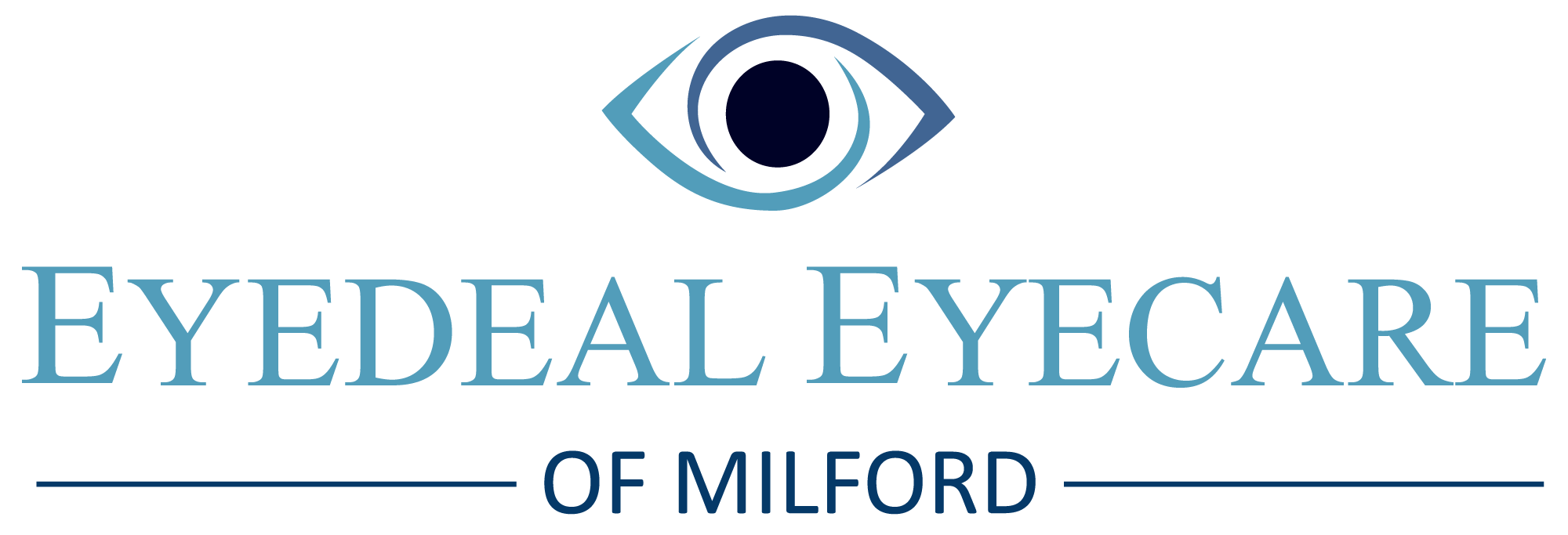Comprehensive Eye Exams
It’s about more than just blurry vision.
A comprehensive eye examination is important for maintaining healthy eyes and vision and should be done at least once a year. Many eye problems, such as glaucoma, macular degeneration, and diabetic retinopathy (to name a few) have no early symptoms – so regular eye exams are the best way to catch these conditions before they cause vision loss.
The eye is the only place in the body where we can view blood vessels and brain tissue without cutting into the skin. This gives invaluable information about how your blood vessels are functioning in your eyes and the rest of your body which is how eye doctors can detect hypertension, diabetes, high cholesterol, and many other general health problems.
Most eye exams take about one hour but can take longer if other tests are required based on your symptoms and exam findings.
Please plan to bring a driver if you are uncomfortable driving after dilation.
A comprehensive eye exam requires retinal photography or dilation to examine the internal health of the eyes.
Dilation is covered by your insurance and uses eye drops to enlarge the pupil allowing the doctor to see the entire lens and examine the structures in the back of the eye including the retina, optic nerve, and blood vessels in real time. Dilation is the traditional method of examining the eyes and remains the standard of care and vital for a thorough assessment of eye health. The downside is that you will be blurry and light sensitive for 4-6 hours which is why a large number of patients prefer ultra-widefield imaging instead.
There is an alternative to dilation called ultra-widefield imaging which allows the doctor to view 80% of your retina in a high definition photograph. It is not covered by insurance and costs extra but it is faster and allows patients to leave the appointment without any downtime. UWFI also creates a permanent record of your eyes allowing for comparisons in future years.
Not all patients are candidates for ultra-widefield imaging as an alternative to dilation. Good candidates are those under the age of 60 without any eye issues. Dilation is still necessary for many patients with a history of eye conditions and those with new symptoms such as vision loss, eye pain, flashes of light or floaters, etc.
How often should I get a comprehensive eye exam?
Most eye care professionals recommend yearly eye exams. But it depends on your age, risk factors, and whether or not you wear corrective lenses. For adults, the American Optometric Association (AOA) recommends a comprehensive eye exam every two years for ages 18 to 60 at minimum and annual exams for seniors age 61 and older.
If you are experiencing any vision problems, or it has been more than 1 year since your last eye exam, be sure to schedule a comprehensive eye exam as soon as possible.
What to bring to your appointment:
- Your glasses and contact lenses.
- List of all prescriptions and over-the-counter drugs currently being taken.
- Information about your eye history, general health conditions, and surgeries.
- Medical insurance card and ID.
- A driver if you are uncomfortable driving after dilation.
- Sunglasses.
State of the Art Technology
At EyeDeal Eyecare, we are committed to making modern, high-quality eye care both convenient and accessible for every patient. We believe you deserve a comprehensive, detail-oriented eye exam that is as efficient as it is thorough. To ensure this, we’ve invested in the latest medical technology, allowing our highly trained doctors to provide advanced, customized care. Whether you need routine vision correction, treatment for complex eye conditions, or preventative care, we tailor our solutions to meet your unique eye health needs. Experience exceptional eye care that combines cutting-edge technology with a personal touch.
